How would you actually explain a cycle?
Not so easy to put into words, is it?
Personally, I have liked the following definition the most so far: A cycle or circulation is a regularly recurring movement of substances or energies. ( Source Wikipedia)
And that hits the nail on the head: our entire natural cycle is a regularly recurring process. But what does the term cycle farming mean , which I use to describe my idea? And what does it all have to do with aquaponics, gardens and insects?

Aquaponics
Aquaponics is an ecological cycle that makes it possible to produce fish and vegetables. The fish waste is the nutrient base for the vegetable plants. In turn, the plant beds clean the water with the help of bacteria, microorganisms and worms.
Input : fish food (insects, vegetable scraps, pellets), energy (ideally solar power)
Output : edible fish, vegetables, nutrients
Vegetable garden
We are all familiar with conventional gardening in soil cultures. But when it comes to the formation and composition of good soil and natural nutrients, things get more exciting. Here, too, the natural nitrogen cycle is the basis. With ammonium-rich water from aquaponics, insect manure or ready-made humus from insect farms (worm compost), you always have natural fertilizer at hand.
Input: Irrigation water from aquaponics, insect dung & humus, earthworms
Output: vegetables, seeds
Insect breeding
Insects play a crucial role in nature. Many species pollinate plants. Others loosen soil, and at the same time many are also food for other animals. This includes fish; and yes, even for humans.
Input: food and vegetable scraps
Output: feed and edible insects, beneficial organisms for gardens and aquaponics
If these cycles support and complement each other
Cycles are so ingenious because once they're started, they stay in motion. It keeps going - as the saying goes. And the best thing about it is that they deliver valuable output.
Let us consider the two cycles of aquaponics and insect farming :
We use the most important products, namely fish and vegetables, as food. We can then use the leftovers as input to another cycle. Insects use the vegetable and food leftovers within a very short time. As natural feed for fish, insects are therefore a suitable input for the aquaponics cycle.
We have just interlinked two cycles and are also benefiting from food ourselves.
If we now combine the two cycles with a third - the conventional vegetable garden - we can see that this interlinking also works smoothly: It doesn't matter whether the nutrient-rich water from aquaponics is used to water the plants in the garden or whether garden waste feeds insects. Here, too, it is a matter of give and take, as in the previous example.
And this is where it gets really exciting. According to this principle, independent, small cycles can be interlinked perfectly and we can observe in amazement how they interact with each other.
Would you like to delve into the world of cycle farming, or do you already have experience with one or another cycle? Leave your impressions! You can find the comment field below!


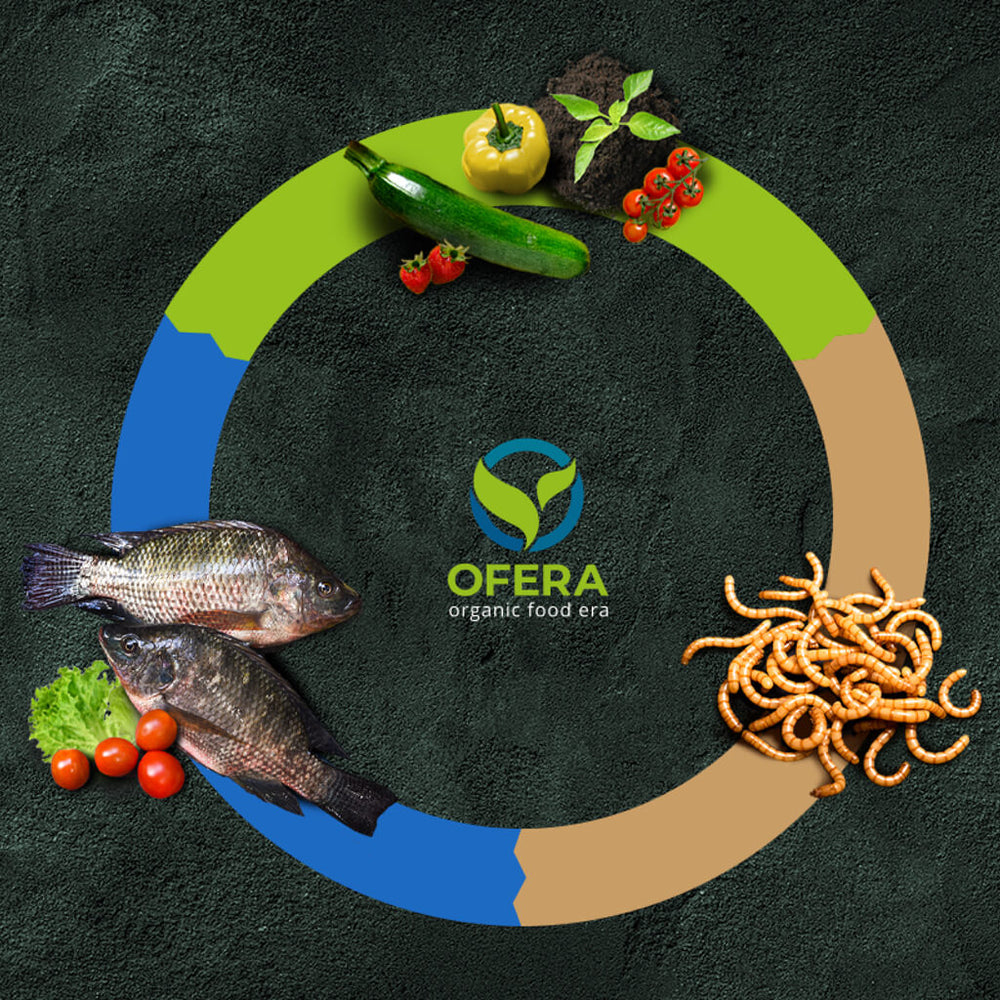
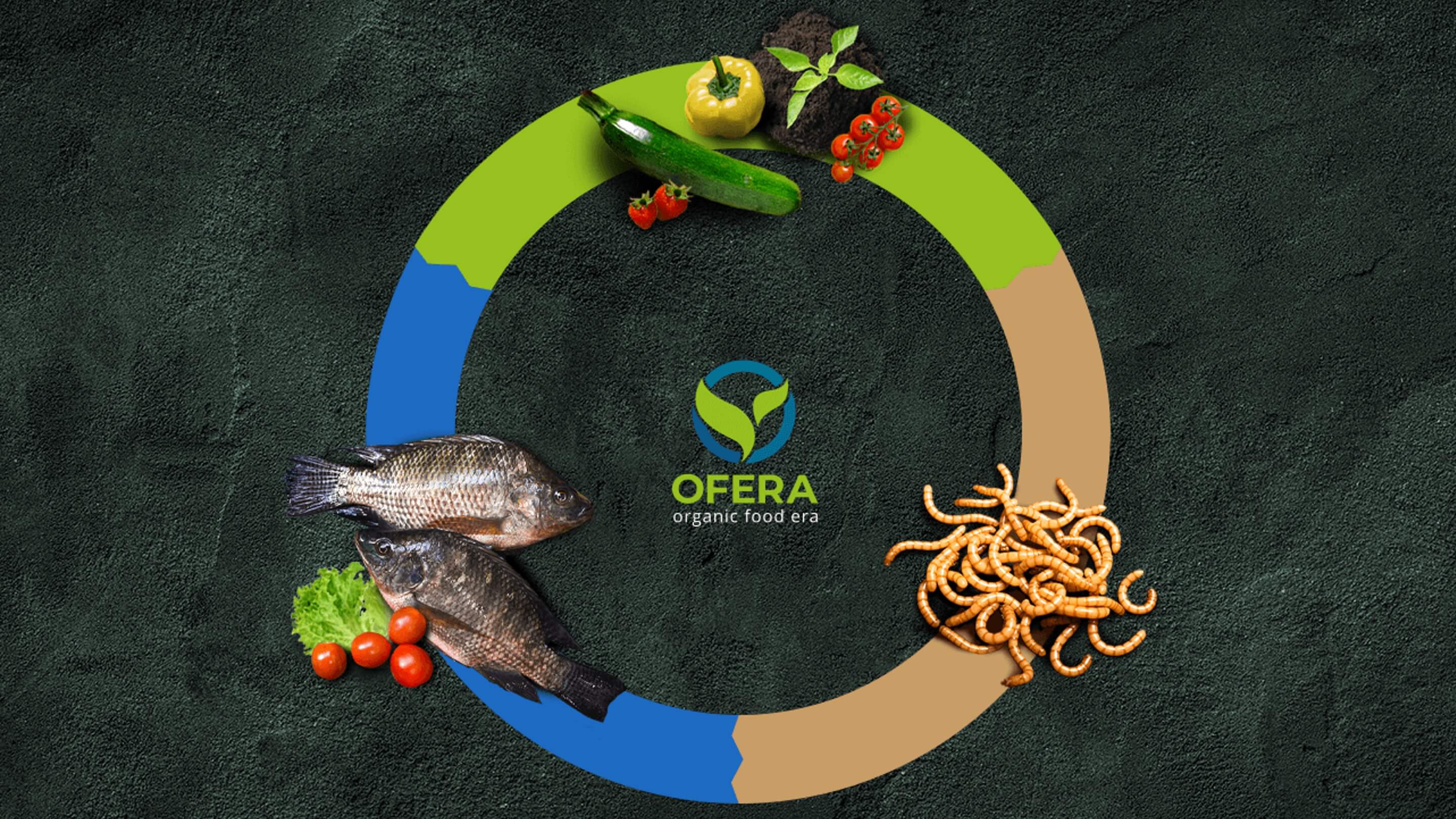


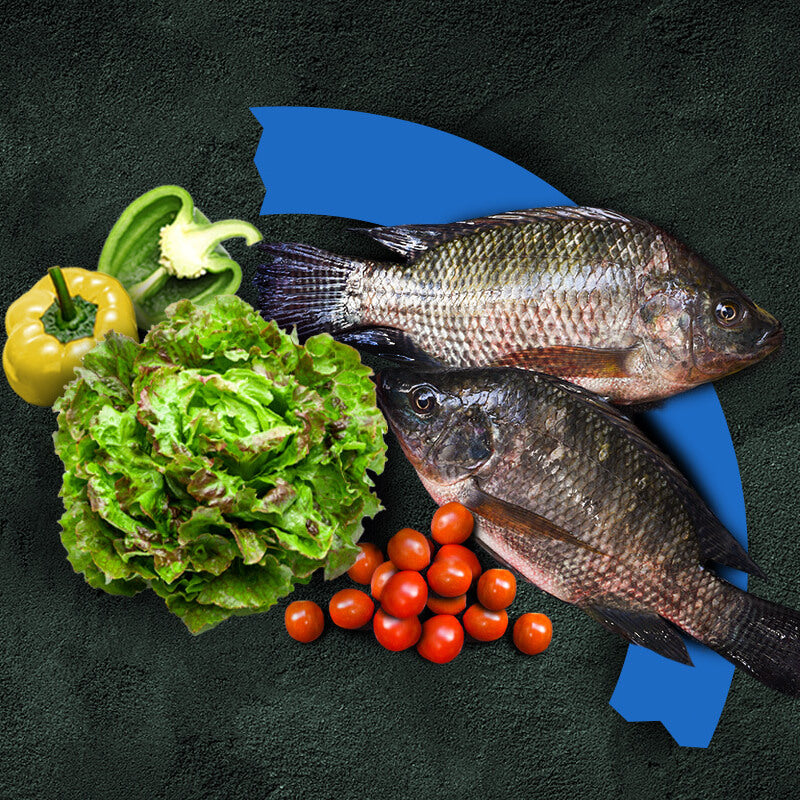
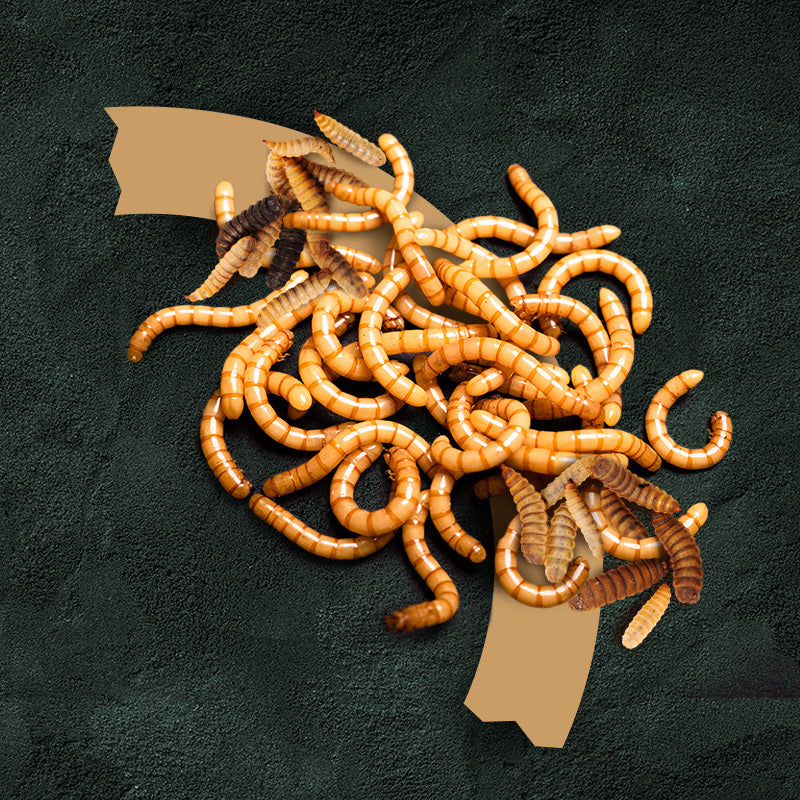
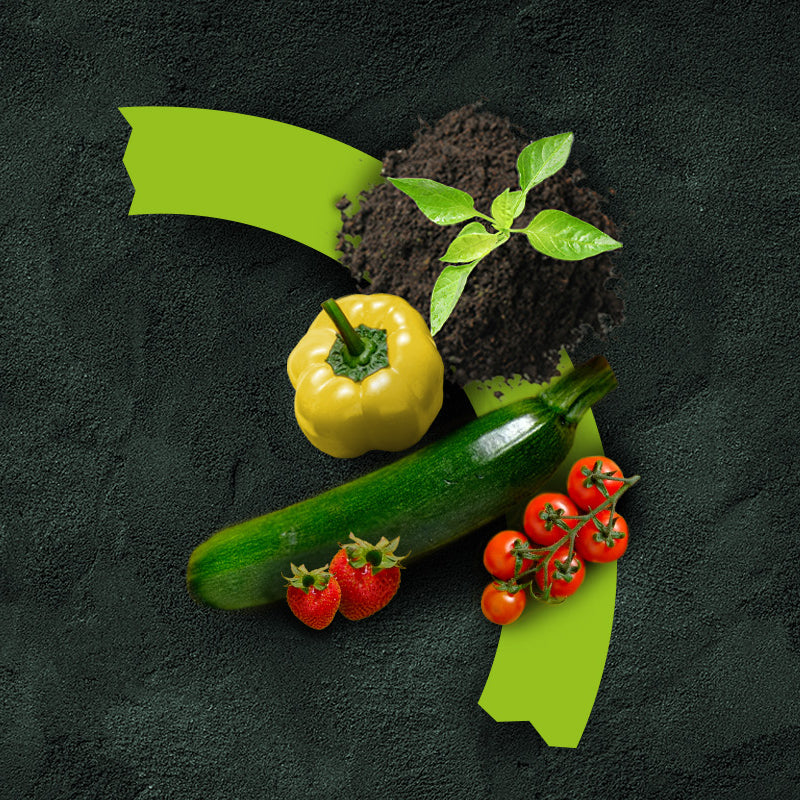
Leave a comment